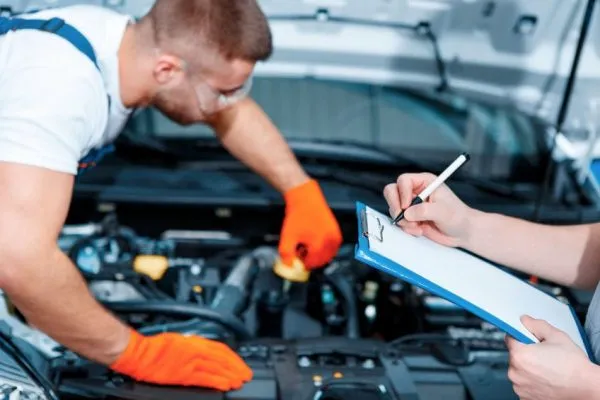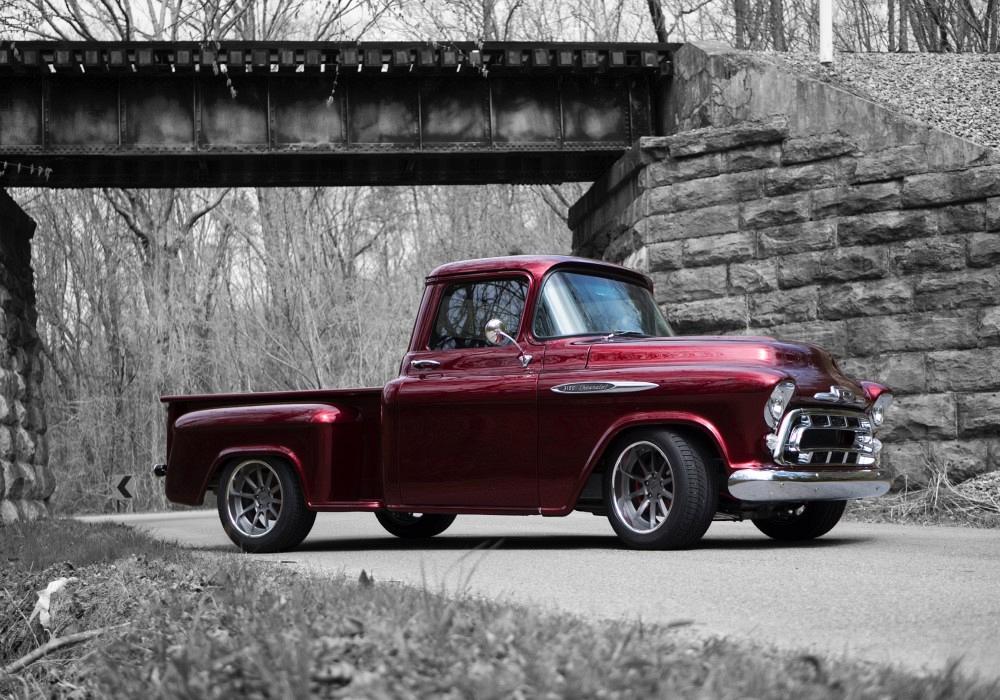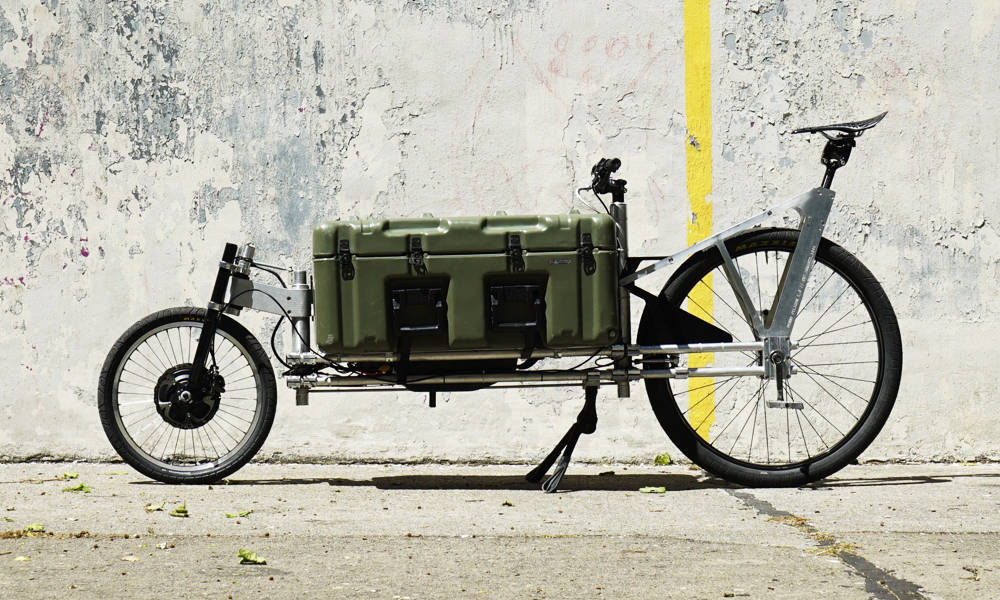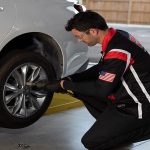A key component of your car’s braking system, brake callipers must be maintained in good working order for both safety and efficiency. Maintaining your brake callipers on a regular basis can increase their longevity, lower the need for expensive repairs, and boost overall stopping effectiveness. Here are some doable suggestions to make sure your brake callipers continue to function effectively and last longer.
Regularly Inspect the Callipers
The first step in maintaining your brake callipers is routine inspection. Check the area around the callipers for indications of rust, wear, or leaks. Brake fluid leakage, road salts, and moisture can all lead to component corrosion and damage. Additionally, check the brake pads on a regular basis because worn-out pads can cause uneven wear by applying additional strain to the callipers. For expert Auto Repair in Folsom, CA, skilled technicians can help ensure your brake system stays in top condition.
Keep the Callipers Clean
Debris, grime, and brake dust can build up on and around the callipers, causing corrosion and wear. To get rid of any accumulation, clean the callipers on a regular basis using a soft brush and brake cleaner. This cleaning enhances overall braking performance in addition to protecting the callipers. To guarantee the system operates at its best, be sure to clean the area surrounding the complete braking assembly, including the rotors and pads.
Lubricate the Moving Parts

For the brake callipers to operate smoothly, the guide pins and other moving elements must be properly lubricated. The calliper may seize or exert unequal pressure on the brake pads due to a lack of lubrication. To guarantee the calliper runs easily, periodically lubricate the guide pins and any other moving parts using premium brake lubricant. This will lessen the likelihood of inconsistent braking and grinding sounds.
Monitor Brake Fluid Levels
Brake fluid is necessary for the callipers to operate correctly. Regularly check the brake fluid and add more as needed. Damage to the callipers and reduced braking performance can result from low or filthy brake fluid. Braking fluid should be changed every two years or as advised to preserve optimum performance and avoid contamination that could cause braking system failure.
Drive Smoothly to Reduce Strain
How long brake callipers last depends on your driving style. Avoid aggressive driving, which wears the brakes and causes abrupt stops and acceleration. When driving in hilly terrain or pulling heavy loads, use engine braking to reduce brake calliper strain. Smooth driving reduces brake wear, resulting in longer callipers.
Conclusion
Routine maintenance can greatly increase the lifespan of your brake callipers. This includes checking, cleaning, lubricating, keeping an eye on your brake fluid, and driving safely. You can guarantee that your braking system will continue to be dependable and effective for many years to come by following these easy measures.










